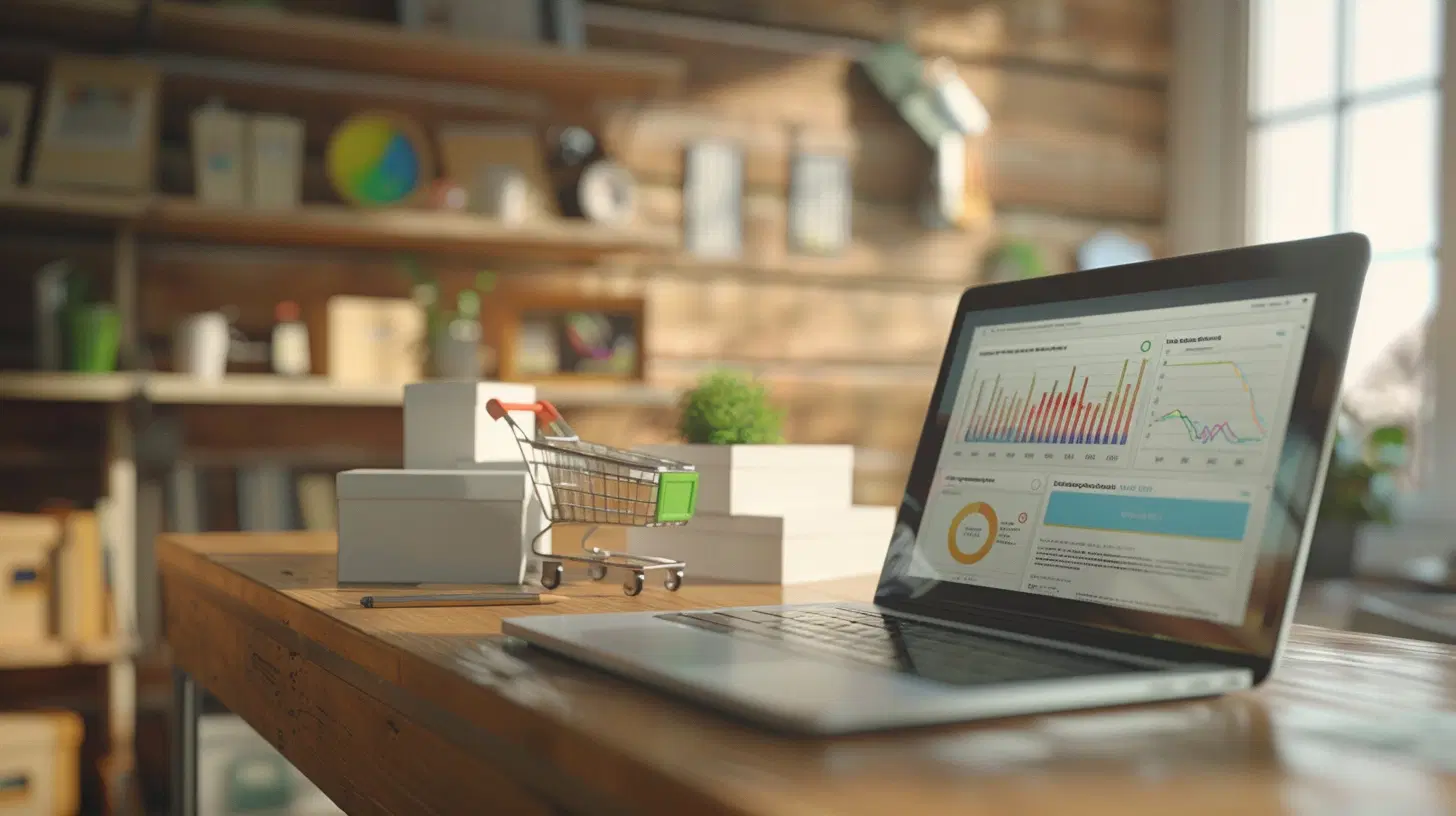Proxy servers and web scraping as a whole have a bad reputation. Many business owners believe that large-scale data collection operations are solely the remit of shady businesses looking for a quick cash out on a data list.
Part of this is due to the law. It's complicated as there is no clarification on what practices are legal and what aren't.
In the U.K., no law states whether web-scraping is legal or not. Instead, it only specifies that web scraping is illegal if it infringes on the website owner's intellectual property.
This confusion causes many to shy away from advanced data-collection operations as they aren't sure what's allowed, let alone what's ethical.
However, data is the lifeblood of many companies, such as fare aggregators, e-commerce stores or SEO agencies.
Furthermore, actively collecting and reviewing data instead of relying on secondary sources is a massive advantage. The estimated cost of poor data quality is almost $3.1 trillion yearly in the US alone.
If you are data-scraping, understand that it can be done ethically by following a few crucial principles.
1. Utilising Public APIs
A great starting point for an ethical approach to web scraping is to use public APIs whenever available. The owners of large websites such as LinkedIn have developed APIs to provide structured, authorised access to their data.
This method ensures compliance with the website's data usage policies and often provides more reliable and structured data. It also allows you to access the website back-end safely, which means you can fetch more targeted data reports.
It's not always possible to do this, but it's worth always checking if the option is available. If it is, consider it an invitation.
2. Using a Reputable Proxy Solution
If you can't use an API, you'll need some web-scraping software and a proxy solution for it to work.
Proxy solutions are the most important tool used in data web scraping because they distribute scraping requests across different IP addresses, reducing the risk of an IP ban.
Proxy solutions can also facilitate access to geo-restricted content while maintaining the scraper's anonymity, allowing companies to access data which would have previously been unavailable.
However, it's important to note that your proxy solution must come from a legitimate source.
Often, cheaper options are available, but they come with a trade-off. They use online servers or botnets, which are essentially completely open and free to the public. This puts not only your data at risk of malicious attacks but also the data of the websites you are scraping.
You must use a reputable proxy solution that maintains your network privately and in a physical and secure location to prevent cyber-security threats.
This not only protects your company but also the companies you scrape.
3. Identifying Yourself Through a User Agent String
Transparency is vital in ethical web scraping. By passing your requests through a user agent string, you effectively inform the website about who you are, what browser and operating system you use, and your intentions.
This can be the difference between accessing a site and being shut down.
This level of openness allows website administrators to understand the purpose of your data collection and, more importantly, provides a legitimate address and means of contact should any issues or questions arise.
4. Scraping Data at a Reasonable Rate and Reducing Redundant Requests
Getting as much information as possible as quickly as possible can be tempting. However, scraping at a reasonable rate is important to avoid being mistaken for malicious bots or DDoS attacks.
Reducing the number of requests to a reasonable level ensures you do not overload the website's server, thereby maintaining its performance and accessibility for other users.
Essentially, it's about treating the website you are on with a degree of respect. You wouldn't rush around a shop and try to view the entire inventory in a few seconds, would you?
In line with this principle, it's better only to save data that's essential for your project. Collecting excessive data means many "redundant requests" are being made to the site, affecting its overall usability for others.
5. Respecting Privacy and Avoiding Sensitive Data
Ethical web scraping also requires a strict adherence to privacy standards. This means you should only scrape public data and avoid protected or "private" areas of the site.
A site's robots.txt file is a virtual guide to what areas of the site are available to access and which are off-limits.
The file is part of the Robots Exclusion Protocol or REP, which sets out guidelines for how bots should behave on the internet.
Keeping in line with these protocols is a great way to ensure that your data collection is as ethical as possible as you comply with the website owner's permissions.
Moving Forward
The internet is full of CAPTCHAS, geo-blocks and strict policies, which can be fairly intimidating when conducting a web-scraping operation.
However, ensuring you take a diligent and ethical approach to your web-scraping can lead to a seamless experience which delivers high-quality results and puts you ahead of your competition. It also saves on potential legal issues down the line.



